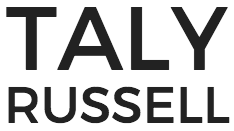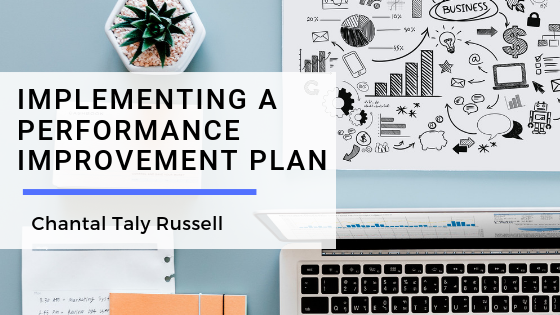At some point in time, almost every manager is going to encounter an under-performing employee. In some cases, a manager may simply terminate the employee, but in other cases, there may be a greater benefit in investing some additional effort to try and help them improve. A Performance Improvement Plan (PIP) is one way to do this. Just creating a Performance Improvement Plan will not help on its own. The PIP needs to be implemented properly to work effectively. Here are 3 keys to successfully implementing a PIP.
Addressing the Right Issues
Developing a PIP should be a collaborative process, not a series of directives. Too many managers make the mistake of assuming they know why performance is lagging without ever taking the time to consult the employee experiencing the lag. Instead of simply telling the employee all the many ways they are failing, make sure you are really listening to what they feel the obstacles are to their success. For any PIP to be successful it needs to address the actual obstacles the employee feels they are experiencing in order to achieve your desired outcomes.
Get Buy-in
Once you feel you have identified the underlying issue or cause of decreased performance, it is important to work with your employee to implement a plan for improvement. You can make all the plans you like, but sometimes your method of fixing a problem only creates a bigger problem. Like the old saying goes “give a man a fish and you feed him for a day, teach him to fish and you feed him for a lifetime.” The goal here is not just to improve performance in this one area or instance, but also to teach your employee how to create and implement their own PIP in the future.
Give Regular Feedback
A good PIP should include SMART goals and benchmarks that allow employees to self-monitor their progress. That being said, it is still important to check in with them regularly and provide feedback. Good plans are not set in stone. They need to be evaluated and tweaked regularly for maximum benefit. As your employee begins to improve, they should start to get a sense of what will help them improve even more and you can help them revise their goals to increase performance even more.

